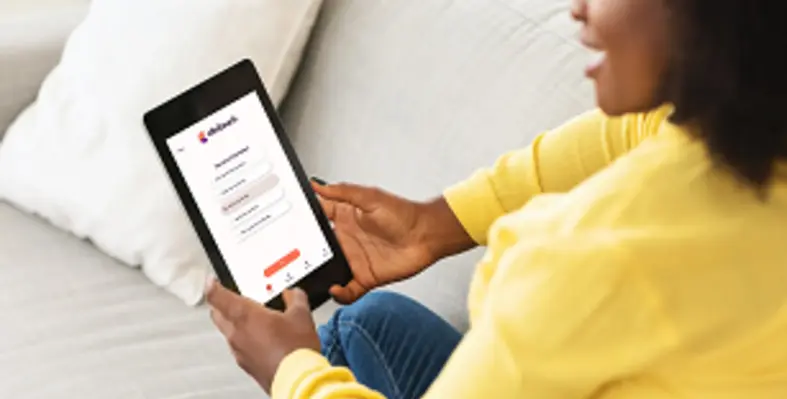Clinitouch, a provider of smart remote patient monitoring technology, has partnered with Lagos-based Utopian Health Services, a leading healthcare business advisory, to expand into western Africa
Utopian joins Clinitouch’s Partner Programme in move that is expected to improve patient outcomes across Nigeria.
John Adesioye, CEO at Utopian Health Services, remarked, “The landscape for remote patient monitoring in Nigeria is slowly evolving and we want to be at the forefront of that advancement.
“Clinitouch has a platform that is established, with evidence-based examples of improved access to care for patients and better outcomes across multiple conditions, so this partnership fits our vision of best practice healthcare delivery.”
Utopian’s network and insights have been identified as key to understanding local population’s healthcare needs and where Clinitouch’s technology can be best placed. The company stated that in Nigeria, like many other countries across the globe, the rise of non-communicable diseases is on the rise with conditions such as COPD, hypertension, diabetes and frailty becoming more prevalent. Clinitouch can help support patients outside of hospitals and clinics, avoiding the need to leave the home for medical trips.
Amaka Ekezie, international market advisor for West Africa at the Department for Business and Trade, commented, “This is indeed a groundbreaking milestone for digital healthcare in Nigeria. We at the Department for Business and Trade are committed to fostering healthy partnerships and strengthening relationships for trade advancement across the globe – hence, we are excited about the potential that this partnership holds not just for Nigeria but for Africa at large.”
The announcement comes soon after Clinitouch marked its expansion into South Africa by joining forces with Synaxon. By adding the Clinitouch patient application to its existing portfolio of digital health software, Synaxon hoped to provide healthcare organisations with real-time remote measurements of patients’ vital signs and symptoms, allowing medical teams to provide more proactive care from any location.












